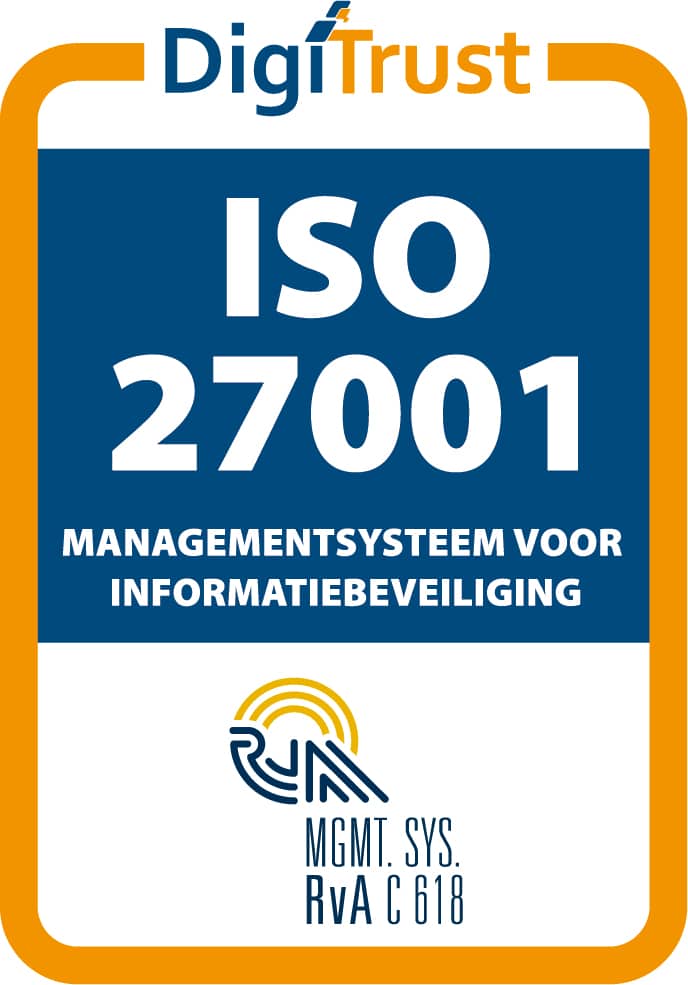1.8 Million for research on quantum security public key infrastructure
12 May 2021
A consortium including TNO, CWI (Centrum Wiskunde & Informatica) and TU Delft is receiving a 1.8 million subsidy from NWO (Netherlands Organisation for Scientific Research) to conduct research into making public key infrastructure (PKI) quantum secure.
A PKI is a system for issuing and managing digital certificates that form the basis of secure digital connections and the protection of digital information. The research proposal called HAPKIDO (Hybrid Approach for quantum-safe Public Key Infrastructure Development for Organisations) was submitted in response to a call from the National Science Agenda (NWA). In addition to the aforementioned parties, the consortium also includes KPN, Microsoft, Logius, the digital government department and software company Zynyo. The participating parties are also supported by various private and public organisations.
Many popular cryptographic algorithms and encryption schemes are becoming insecure due to advances in quantum computing. Without preparation, sensitive data protected by encryption schemes will become accessible and the communication infrastructure will be disrupted. As a result, our transactions and information will become vulnerable to hostile entities, affecting countless organisations and millions of people. "We are extremely pleased that NWO has approved our proposal. The development of quantum computing is moving fast and this offers opportunities but also threats that we must be prepared for. Quantum secure trust services, including the underlying Public Key Infrastructure (PKI), are needed to protect digital societies against these significant risks," said Maran van Heesch, Programme Manager Cyber Security & Robustness at TNO.
Realizing transition quantum secure infrastructure
In particular, the HAPKIDO research focuses on how to realize a transition to a quantum secure public key infrastructure. As part of this, the consortium is looking at underlying technical aspects such as designing a hybrid PKI that takes into account interoperability between different systems, backward compatibility and migration architectures. At the same time, the consortium is investigating what growth models are possible to move from the current to future situation, and how management (IT governance) of digital infrastructures must change to ensure quantum security. This includes the societal risks of a quantum insecure PKI in the quantum era.
National Science Agenda Cyber Security Agenda
The proposal from TNO, CWI and TU Delft is one of 5 honored proposals out of a total of 19 submitted. A budget of €9,610,000 has been made available for the honored proposals. These proposals were submitted in response to the National Science Agenda (NWA) call for consortia to find ways for secure and trusted data sharing, now and in the future. The HAPKIDO proposal is supported by 11 organizations, including several ministries, the NLNCSA, Police, ING and ABN AMRO.
